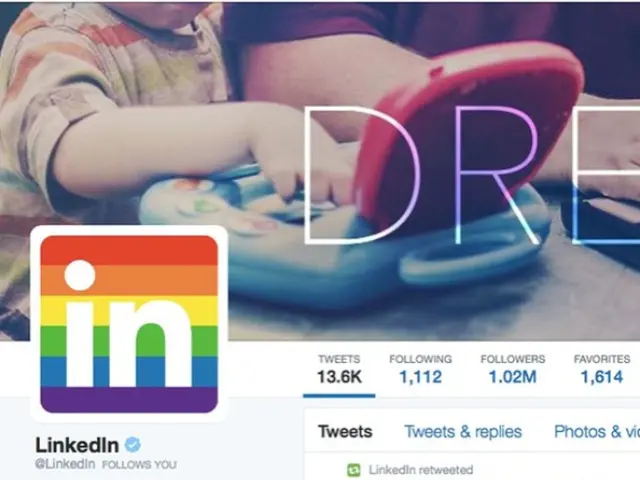Social media behavior of parents may have lasting impacts on their children, according to recent findings.
In a groundbreaking study presented at the Digital Media and Developing Minds International Scientific Congress in Washington, D.C., researchers have found that excessive social media use by parents can negatively affect their interactions with their children, even when they are offline.
The study, led by Liz Robinson, a doctoral student at the University of Alabama in Tuscaloosa, involved 65 mothers and their toddlers aged 2 through 5 years old in Alabama. The findings suggest that when parents spend more time on social media, they tend to speak less to their children, even when they are not actively engaged on their devices.
Mothers who used social media extensively spoke 29% less to their kids while playing with them compared to mothers with low social media use. This reduction in conversation could have significant implications for a child's language development, academic outcomes, communication skills, and socioemotional development.
Kris Perry, executive director of Children and Screens: Institute of Digital Media and Child Development, explained that social networks show us tailored content that is intensely interesting to us, which might make us want to engage with it longer. This prolonged engagement can lead to less time spent on meaningful interactions with our children.
To mitigate the impact of social media, Robinson recommends setting aside certain times of the day to give kids undivided attention. When with kids, parents should remind themselves that there is nowhere but here and no time but now in their child's mind.
The study did not find an association between talking less to kids and other uses of screens, such as checking email or the weather. However, it is crucial for parents to pay attention to how their social media use is affecting them and their children.
While the study focused on mothers, it is essential to note that fathers' impact on playing with kids and using social media responsibly was not the primary focus. Further research is needed to understand the role of fathers in this context.
The study did not account for factors such as parents' mental health, income, and education. These factors could potentially influence the amount of time parents spend on social media and their interactions with their children.
Liz Robinson's book, "Over the Influence: Why Social Media Is Toxic for Women and Girls - And How We Can Take It Back," published by Alcove Press in 2024, delves deeper into the impact of social media on individuals and relationships.
Excessive parental social media use can disrupt healthy parent-child interactions beyond direct online engagement by reducing genuine communication, fostering emotional distance, and modeling less engaged behavior for children, ultimately weakening family bonds even in offline settings. It is, therefore, crucial for parents to be mindful of their social media habits and prioritise quality time with their children.
- The study highlights the negative impact of excessive social media use on health-and-wellness, particularly in parenting, as it can disrupt healthy parent-child interactions and model less engaged behavior for children, potentially weakening family bonds.
- In the realm of health-and-wellness and lifestyle, it's important for parents to be aware that extended social media use can lead to less conversation with their children, which could impact a child's language development, academic outcomes, and communication skills.
- Technology plays a crucial role in our lives, but the study underscores the need for parents to prioritize wellness and quality time with their children by setting aside specific times to give kids undivided attention, fostering a positive and healthy parent-child relationship.




